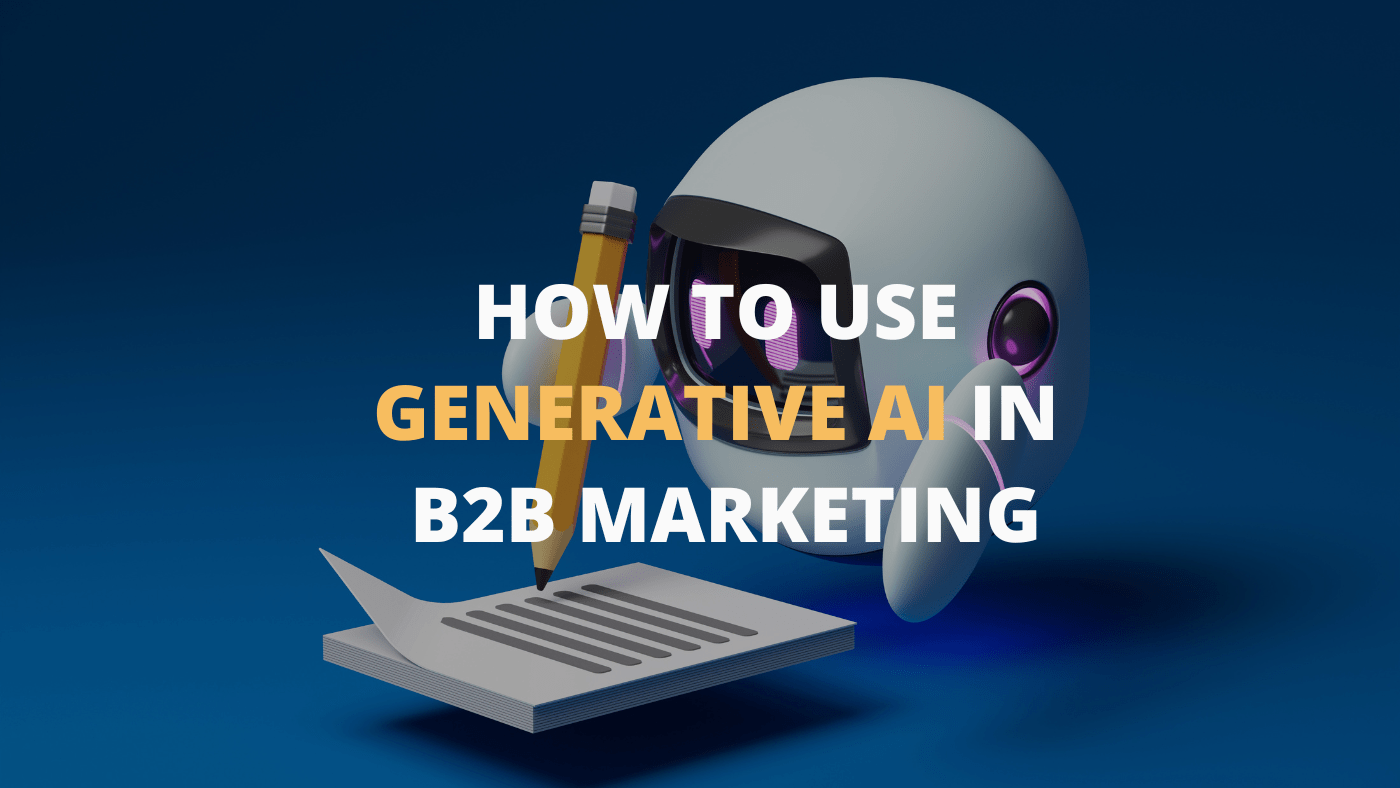
Unleashing the Power of Generative AI for B2B Marketing in 2024
The evolution of technology has dramatically impacted B2B marketing over the past decade. We have rapidly moved from a world of manual processes to one driven by automation and artificial intelligence. And at the forefront of this AI revolution is the emergence of Generative AI for B2B Marketing.
Generative AI refers to models that can produce novel, high-quality content after being trained on vast datasets. The most popular example is ChatGPT, which can generate human-like text on demand. But generative AI has applications far beyond simple content creation.
As per Forbes statistics on AI growth, “AI is predicted to contribute ~$13 trillion to the global economy by 2030.” With technology this transformational, it’s critical for B2B marketers to rapidly adopt and deploy AI to stay ahead.
As B2B marketers, we must embrace generative AI to gain a competitive advantage. Used appropriately, it can enhance efficiency, insights, and strategy across all marketing functions. In this post, we’ll explore practical applications of generative AI and provide a roadmap to integrate it into your tech stack.
Transforming Keyword Research with Generative AI

Keyword research lays the foundation for successful marketing campaigns by uncovering high-potential terms and topics. But the manual process poses many frustrations. Generative AI overcomes these challenges and takes keyword research to new heights.
The Pain Points of Manual Keyword Research
Traditionally, keyword research involved brainstorming semantic variations, analyzing search volumes in tools like Google’s Keyword Planner, and sifting through suggested keywords. This process was time-consuming, limited in scope, and relied heavily on individual knowledge. Marketers struggled to identify lucrative long-tail keywords and group terms into cohesive topics.
The Rise of AI in Keyword Tools
Generative AI alleviates these issues through natural language processing. Tools like ChatGPT can rapidly analyze prompts and return lists of highly relevant, high-value keywords with accurate monthly search volumes attached. This eliminates manual guessing and provides more direction during topic clustering.
When paired with existing keyword tools, generative AI takes research to the next level. For example, the MozBar browser extension leverages AI to automatically suggest keywords as you browse the web. Not only does this enhance productivity, but it also surfaces fresh keyword ideas you may have never considered.
The Power of Smart Prompt Engineering
To maximize value, it’s essential to strategically structure your prompts. This involves clearly defining goals, providing examples of ideal responses, and asking follow-up questions to fill gaps. With practice, marketers can engineer prompts that unlock generative AI’s full potential.
The result is a faster, more thorough keyword research process that serves as a rock-solid foundation for your content and campaigns.
Revolutionizing Content Creation
Given its integral role in lead generation and conversion, high-quality content remains imperative in B2B marketing. But traditional creation practices pose familiar difficulties around producing sufficient volumes with acceptable quality. This is where generative AI steps in to enhance output and value.

Rising Above Traditional Content Challenges
Marketers have long struggled with writer’s block and producing engaging posts quickly. Developing diverse content across customer segments was another persistent struggle. Too often, stale and superficial content fails to attract meaningful engagement.
AI-Powered Content Platforms
Generative AI alleviates these content creation pain points through platforms like ChatGPT. In seconds, ChatGPT can produce thoughtful draft posts on nearly any topic while considering tone, audience segment, and intent. Its innate knowledge spans industries and functions.
And by fine-tuning ChatGPT models on your unique content, you can further adapt outputs to your brand voice and style guidelines. This creates a harmonized experience across all content types.
Achieving Peak Quality and Diversity
Generative AI delivers immense diversity by synthesizing information and making novel connections between concepts. This variability enhances engagement and satisfies more user intents.
At the same time, AI-generated drafts often require refinement before publication. Human expertise remains vital for verifying claims, strengthening arguments, and adding personality. By combining strengths, generative AI and marketers can efficiently produce high-quality, diverse content at scale.
Generative AI in Data Analysis
Making data-driven decisions is imperative for B2B organizations. However, extracting insights from data continues to require significant time and technical expertise. Generative AI enhances analysis in three key areas: forecasting, text analytics, and data visualization.

Enhanced Forecasting and Predictions
Accurate demand forecasting continues to challenge B2B marketers. But generative AI shows immense promise for improving predictive analytics through:
Time series forecasting – By reviewing historical performance data, generative models like Prophet AI can deliver accurate forecasts on metrics like web traffic, conversions, and lead volume.
Machine learning algorithms – AI algorithms can process many data fields instantly to uncover complex patterns. This leads to very precise forecasts to inform budget and staffing decisions.
Multivariate analysis – Generative models consider influencing factors simultaneously, leading to forecasts that are more accurate than traditional linear models.
Unlocking Value in Text Analytics
Generative AI employs natural language processing (NLP) to extract insights other tools miss. Use cases include:
Topic modeling – Identifying and clustering themes across large bodies of text and transcripts to guide content planning and product development.
Influencer analysis – Analyzing mentions, sentiment, and networks to determine impactful partners and advocates. This focuses outreach efforts.
Competitive intelligence – Tracking competitor announcements and coverage to detect threats and opportunities in real-time.
Enhanced Data Visualizations
Data visualization is hugely impactful for decision-making but remains out of reach for many marketers. Generative design platforms like Dataclip can ingest any dataset and automatically produce visualizations best suited for key business questions. This makes data insights more consumable across your organization.
Overcoming Challenges and Limits of Generative AI
While promise abounds, embracing generative AI requires thoughtful considerations around ethics, oversight, and transparency.
Generative models often lack cultural, geographical and industry-specific business knowledge. This can produce tone-deaf or inaccurate content that erodes audience trust and engagement. Marketers must diligently review outputs through the proper cultural lens.
Copyright and Ownership Concerns
As generative AI becomes pervasive, legal precedence remains unclear around content ownership and copyright protections. Marketers should closely monitor ongoing litigation and proactively communicate content creation processes with transparency.
Ensuring Transparency and Trust
Maintaining audience trust should be the utmost priority when leveraging generative AI. Outputs should be carefully reviewed before publication and usage of AI should be communicated transparently.
Embracing Generative AI for Future Marketing
Research confirms generative AI adoption is accelerating across business functions. This transformation will undoubtedly impact B2B marketing as more organizations embrace it.
Surging Adoption of Enterprise AI
Per a recent IBM study, 35% of organizations now use some form of AI technology. Generative models are now the fastest-growing AI segment, with a projected CAGR of 20% through 2027. This adoption is being fueled by cloud-based enterprise software that democratizes access to generative AI.
Brace for Impact Across Marketing
As access improves, expect AI utilization to surge across activities like:
- Brainstorming campaign ideas
- Creating multi-channel content
- Optimizing and personalizing web experiences
- Streamlining analysis through automated reporting
- Supporting sales teams with hyper-personalization
Early adopters will gain a sustainable competitive advantage. Laggards risk irrelevance amidst intensifying B2B buying expectations.
Guiding Practical Implementation
While promising, blind adoption of emergent technology often backfires. As you pilot generative AI, remember that human expertise remains irreplaceable for oversight, quality control and creativity. Define clear testing protocols, monitor KPIs closely and scale judiciously. Implementation support from specialized vendors can also help manage risk.
So what’s new in 2024 with Gen AI for B2B Marketing?
Marketing technology will continue advancing at a dizzying pace. Generative AI represents the next major transformation, bringing immense opportunities if harnessed appropriately.
With proper protocols and oversight, B2B marketers can utilize AI-generated insights, content and predictions to excel across the customer journey. From campaign ideation to lead management and forecasting, generative models promise to enhance nearly all marketing processes.
While risks exist, the greater risk is complacency. Savvy marketers will run small pilots to determine specific use cases before progressively expanding utilization. Adopting this agile, controlled approach allows you to continually reassess direction based on results.
By dutifully preparing now, your marketing function will smoothly transition to leverage emergent innovations for smarter decision-making. Rather than distract or replace, view AI as an invaluable assistant that liberates human creativity, enables strategy optimization, and drives resonating customer experiences. The future remains bright for B2B marketing in the AI age.
Want to learn more about leveraging generative AI for your B2B marketing efforts? Schedule a consultation to discuss your specific goals and needs. I can provide strategic guidance on potential use cases, best practices for implementation, and advice for avoiding pitfalls. Or check out my resume on my Home page.
Read My Other Blog posts
- Your Guide to B2B Lead Generation in 2024 with 7 Effective Lead Magnets
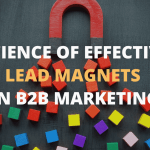 by Ashish Sharma
by Ashish Sharma - Unleashing the Power of Generative AI for B2B Marketing in 2024
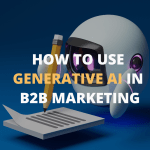 by Ashish Sharma
by Ashish Sharma - Why B2C Marketing Tactics Fall Flat in B2B Marketing Campaigns(And How to Course Correct)
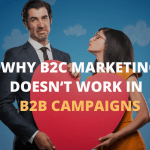 by Ashish Sharma
by Ashish Sharma - Your innovative product might still fail: 5 Key Factors for Product Adoption
 by Ashish Sharma
by Ashish Sharma - The Mythical Mirage of Product-Market Fit and How it is bad for your business.
 by Ashish Sharma
by Ashish Sharma
Share this Article
Ashish Sharma
Contact me for Consultation
CHECK OUT MY OTHER ARTICLES
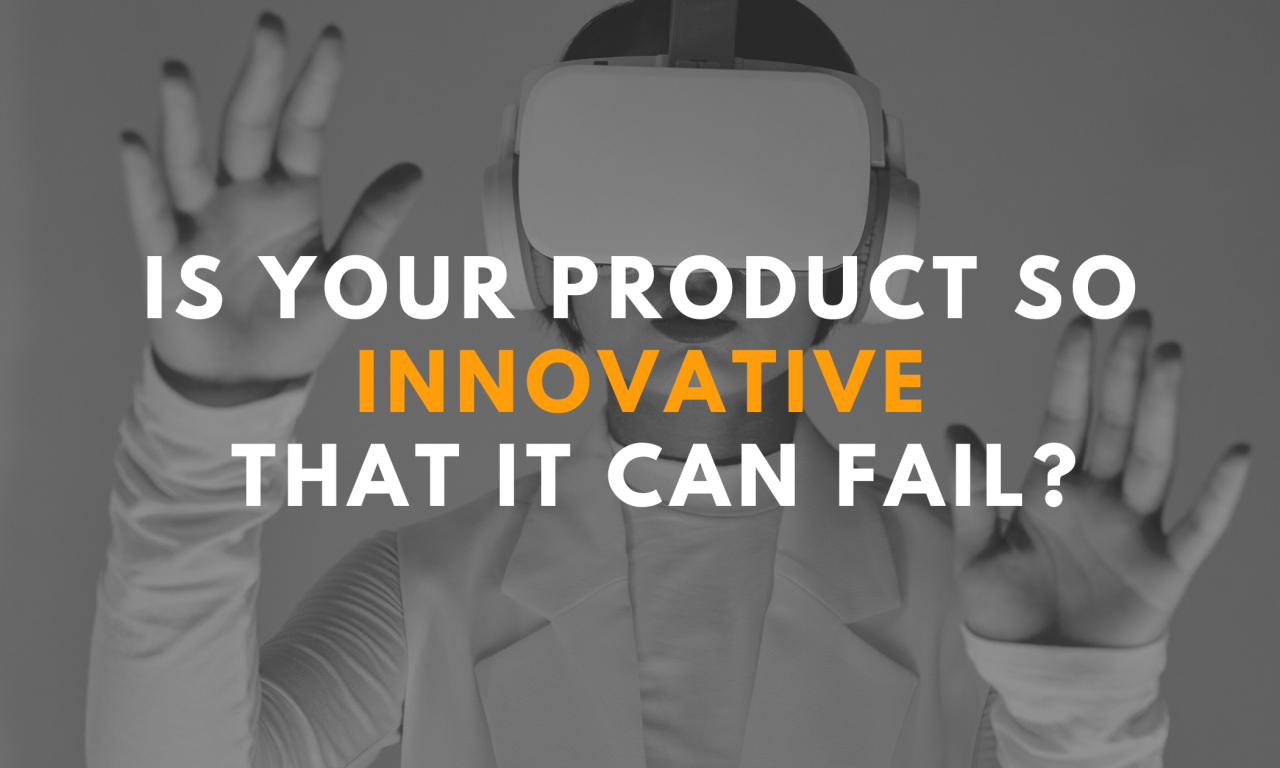
Your innovative product might still fail: 5 Key Factors for Product Adoption
We’ve all seen it happen – a groundbreaking new product hits the market, offering immense improvements over existing solutions. And…

Why B2C Marketing Tactics Fall Flat in B2B Marketing Campaigns(And How to Course Correct)
After over a decade working as a B2B marketing Expert and Specialist, I’ve seen it happen repeatedly: B2B companies shift…

The Mythical Mirage of Product-Market Fit and How it is bad for your business.
The entire concept of “product-market fit,” i.e., that there is some mystical, universal, and definite tipping point for when you…
